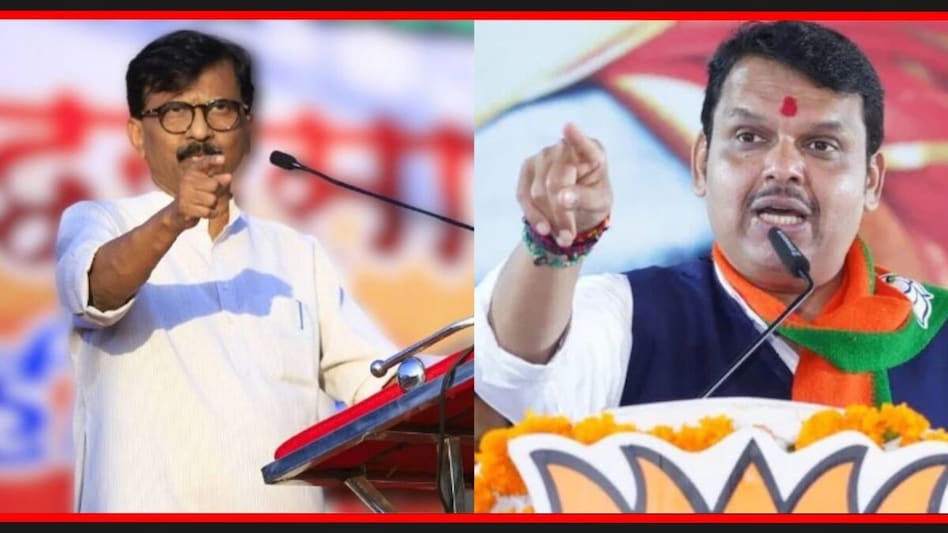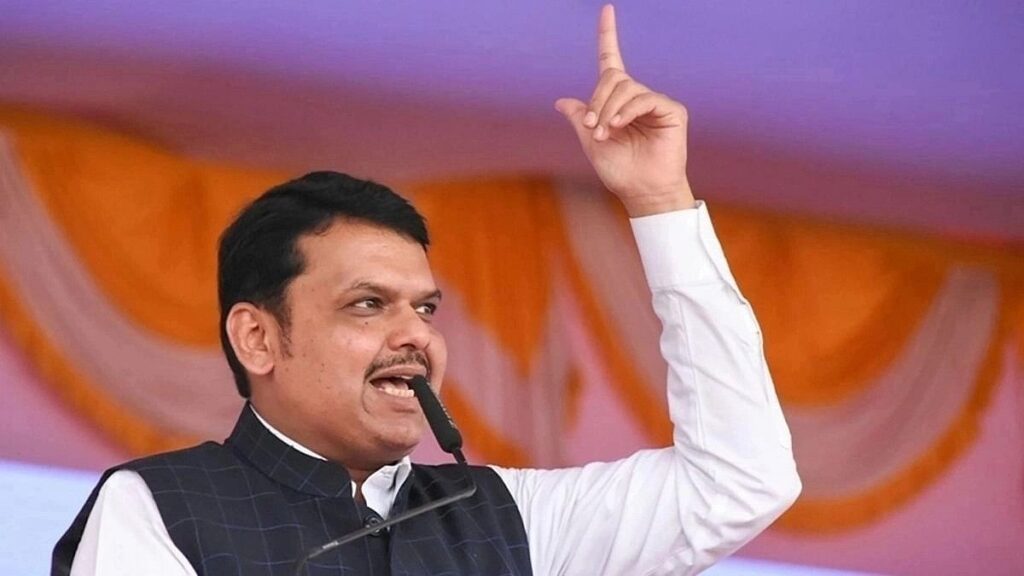The claim made by Maharashtra Chief Minister Devendra Fadnavis that Jawaharlal Nehru insulted the Maratha king Chhatrapati Shivaji Maharaj has sparked considerable debate. This assertion stems from Nehru’s writings in his autobiography, where he expressed a critical perspective on Shivaji’s actions during the 17th century.

Source:- bbc news
In his autobiography, Nehru noted that while Shivaji was a significant historical figure and a symbol of resistance against Mughal rule, he also pointed out that Shivaji’s approach to governance and his military tactics were sometimes marked by brutality. Nehru emphasized that Shivaji’s legacy was complicated, as he was not merely a heroic figure but also a ruler who engaged in violence and cunning strategies to achieve his objectives. This critical viewpoint has been interpreted by some as an insult to Shivaji’s legacy, particularly by those who view him as a revered cultural icon in Maharashtra.
Source:- bbc news
However, Nehru also recognized Shivaji’s contributions to Indian history and his role in inspiring future generations of freedom fighters. He acknowledged Shivaji’s valor and the significance of his fight against oppression. Nehru’s complex portrayal of Shivaji reflects his broader historical perspective, aiming to provide a nuanced understanding of historical figures rather than viewing them through a purely glorified lens.
The controversy lies in the interpretation of Nehru’s words, with Fadnavis and others asserting that Nehru’s criticisms undermine Shivaji’s legacy. Conversely, many argue that Nehru’s intent was to present a balanced historical analysis, highlighting both the strengths and weaknesses of Shivaji as a leader. Thus, the claim of insult remains contentious, reflecting differing views on historical narratives and national identity in contemporary India.
Share your views in the comments

